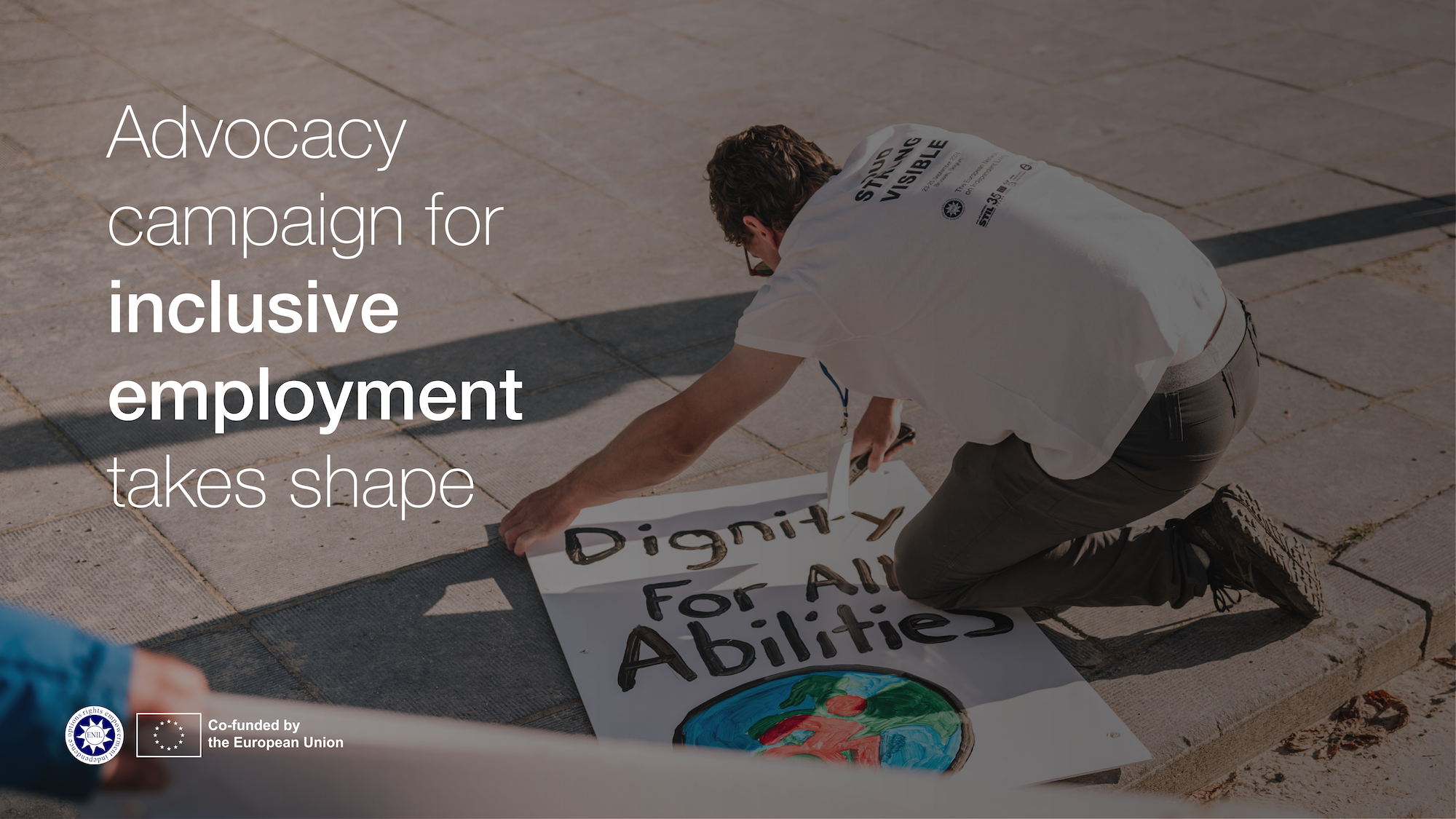On 10 December 2020, a long-awaited Deinstitutionalisation Support Act bill was proposed in the Republic of Korea by lawmaker Choi Hyeyoung, with support from 67 lawmakers. The law consists of two main parts; closing all forms of institutions in Korea and supporting the resettlement of persons with disabilities.
First, the bill aims to close EVERY institution in 10 years. (As of 2019, about 30,000 persons with various disabilities live in 1,527 institutions in ROK). Furthermore, when human rights violations occur in institutions, the government should close the institutions and protect the residents.
Second and importantly, the bill declares that deinstitutionalisation and living in the community is the right of disabled people. This declaration leads to the obligations for both local and central governments to provide enough services for the resettlement of disabled people, from institution to the community.
The bill clearly defines that the term “deinstitutionalisation” means that the persons with disabilities live in the community, out of all forms of institutions, with autonomy, participation, and services for independent living (Article 2.5).
Based on this core value of the bill, it is also regulated that the governments (both local and central) should establish a deinstitutionalisation master plan and its functional agencies. The master plan should include a budget plan, a plan for housing, income, personal assistance, and a plan for the closure of the institutions. Especially, the bill regulates that the deinstitutionalised people should be provided with supported housing and attending physician. These two supports are emphasised as stable housing and medical support are the main excuses to maintain institutions.
The governments also have to implement general human rights investigations in institutions too. When they find human rights violations in institutions, the governments should close the institutions and protect the people who are living there.
Since early 2000, the Korean disability community has strongly demanded deinstitutionalisation and the right to independent living. In 2005, the Ministry of Welfare and DPOs investigated 235 undocumented institutions, out of 1,000 of them. It revealed the brutality and severe human rights violations against disabled people in those institutions. Korean DPOs fought against the corruption and human rights violation of the institutions, reaffirming that improving institutions is neither a solution nor a pre-stage of independent living. After 20 years of struggle, we could take a valuable step forward with a strong initiative; the Deinstitutionalisation Act bill.
We already know what we need for deinstitutionalisation. What is important is the governments’ recognition that deinstitutionalisation is their obligation and right of EVERY person with disabilities. With this recognition, in the process of developing and implementing deinstitutionalisation, the Korean government should listen first to the voices of disabled people, not of the power-holding institutions.
Hanbyol Choi, Secretary General, Korean Disability Forum


